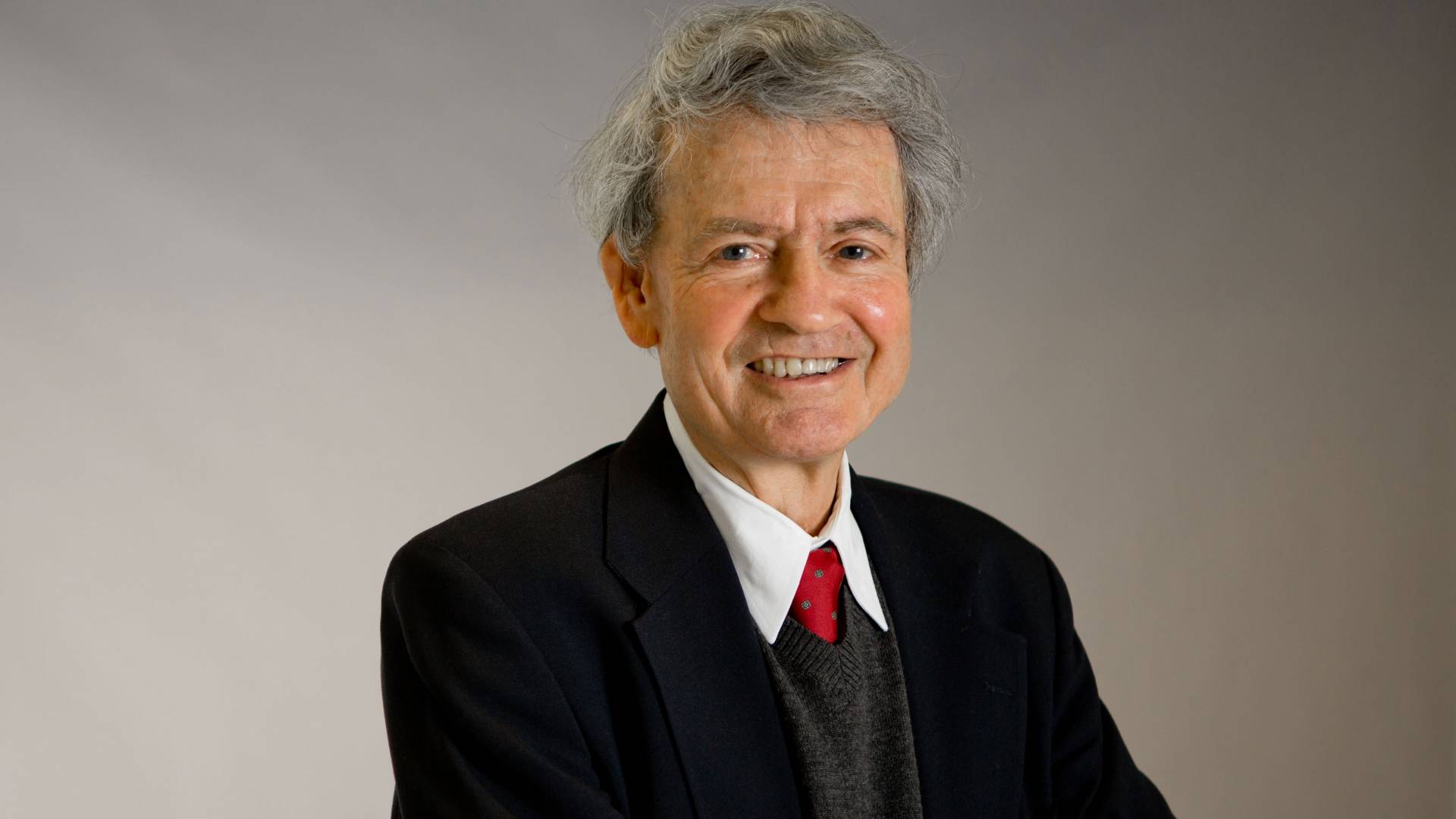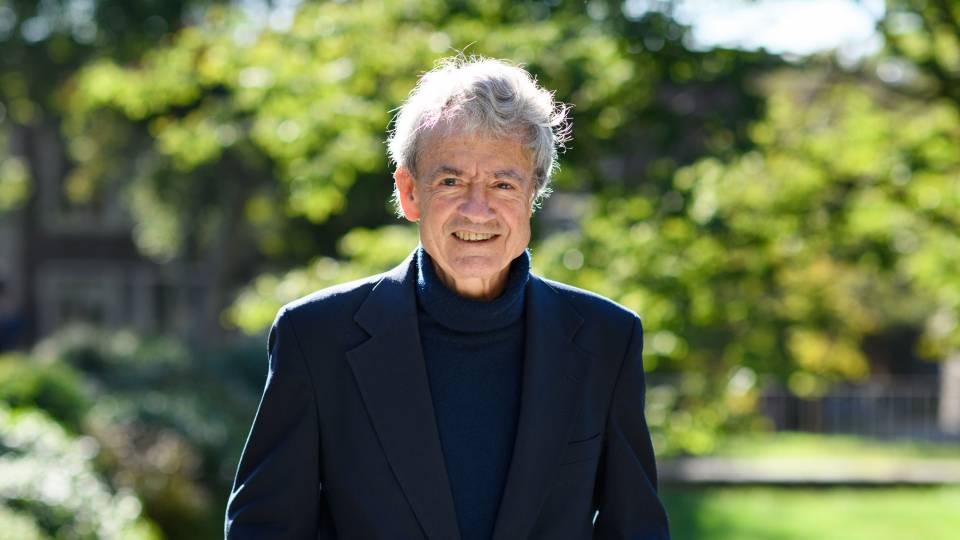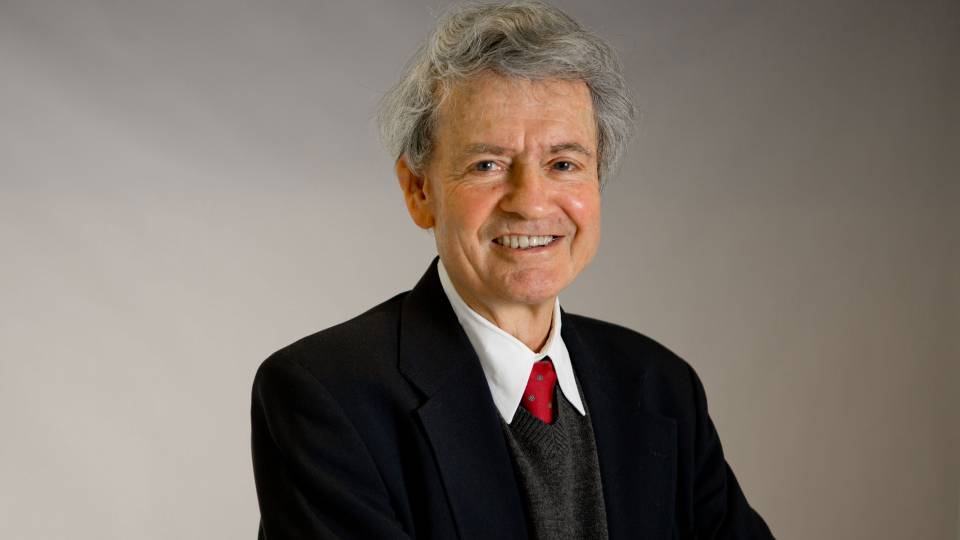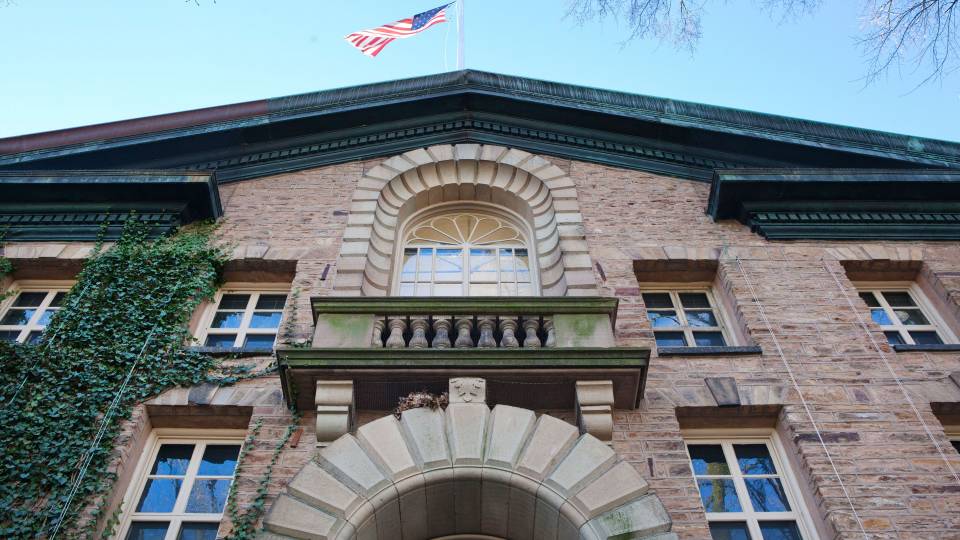Michael Cook
The International Balzan Foundation has awarded Michael Cook, the Class of 1943 University Professor of Near Eastern Studies, the 2019 Balzan Prize for Islamic Studies. The prize comes with an award of $760,000, half of which must be spent to finance research projects involving a new generation of young researchers.
Cook was cited “For the exceptional impact of his work on several research areas in Islamic studies, most notably: the study of the origin and early history of Islamic thought, the intellectual, social and political history of Islam through the ages and the place of Islam in global history; for the outstanding quality of his scholarship in depth, temporal and geographical breadth and methodological rigor as well as the use of a comparative approach; and for the meticulous philological analysis of primary sources in Arabic, Ottoman Turkish, Persian, Hebrew, Syriac, South Arabian and Sanskrit.”
The prize will be presented during an award ceremony in Bern, Switzerland, on Nov. 15.
In 2014, Cook won the Holberg Prize. He was elected a Corresponding Fellow of the British Academy in 2011, has been a member of the American Philosophical Society since 2001, and a member of the American Academy of Arts and Sciences since 2004. He received the Farabi International Award in the Humanities and Islamic Sciences (Tehran) in 2008. In 2002, he was awarded a Mellon Foundation Distinguished Achievement Award, and in 2006 he was awarded Princeton's Howard T. Behrman Award for Distinguished Achievement in the Humanities. At Princeton's Commencement ceremonies in 2016, he received one of four President’s Awards for Distinguished Teaching.
Cook’s book “Commanding Right and Forbidding Wrong in Islamic Thought” won the 2001 Middle East Studies Association Albert Hourani Book Prize, which recognizes the best in Middle East studies scholarship, and the 2002 Kuwait British Friendship Society Book Prize. Cook was general editor of “The New Cambridge History of Islam,” which won the 2011 American Historical Association Waldo G. Leland Prize.
The International Balzan Prize Foundation’s aim is to foster culture, the sciences, and the most outstanding humanitarian initiatives of peace and brotherhood among peoples, regardless of nationality, race or creed. Four Balzan Prizes are awarded annually to scholars and scientists who are distinguished in their fields on an international level.




